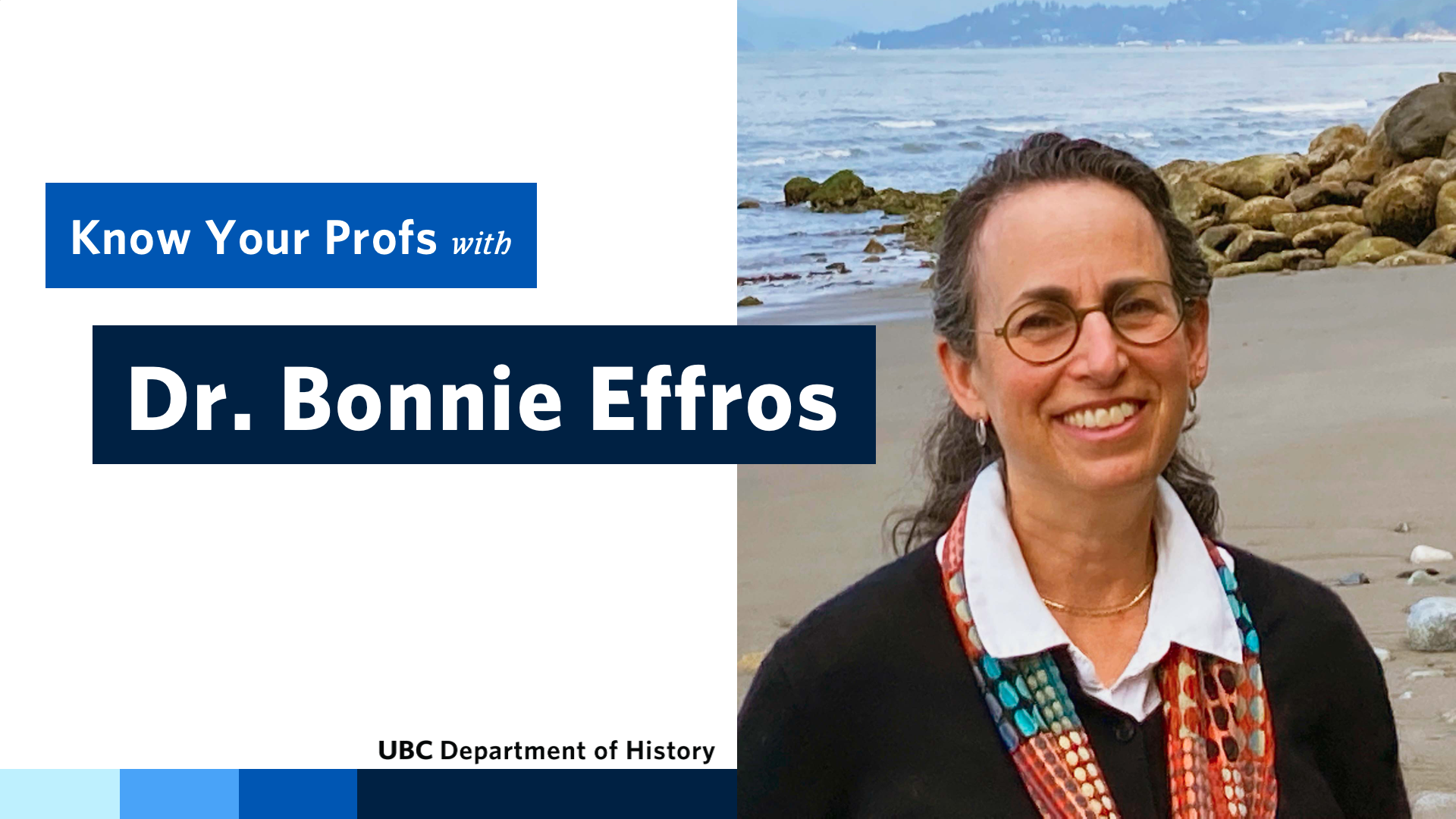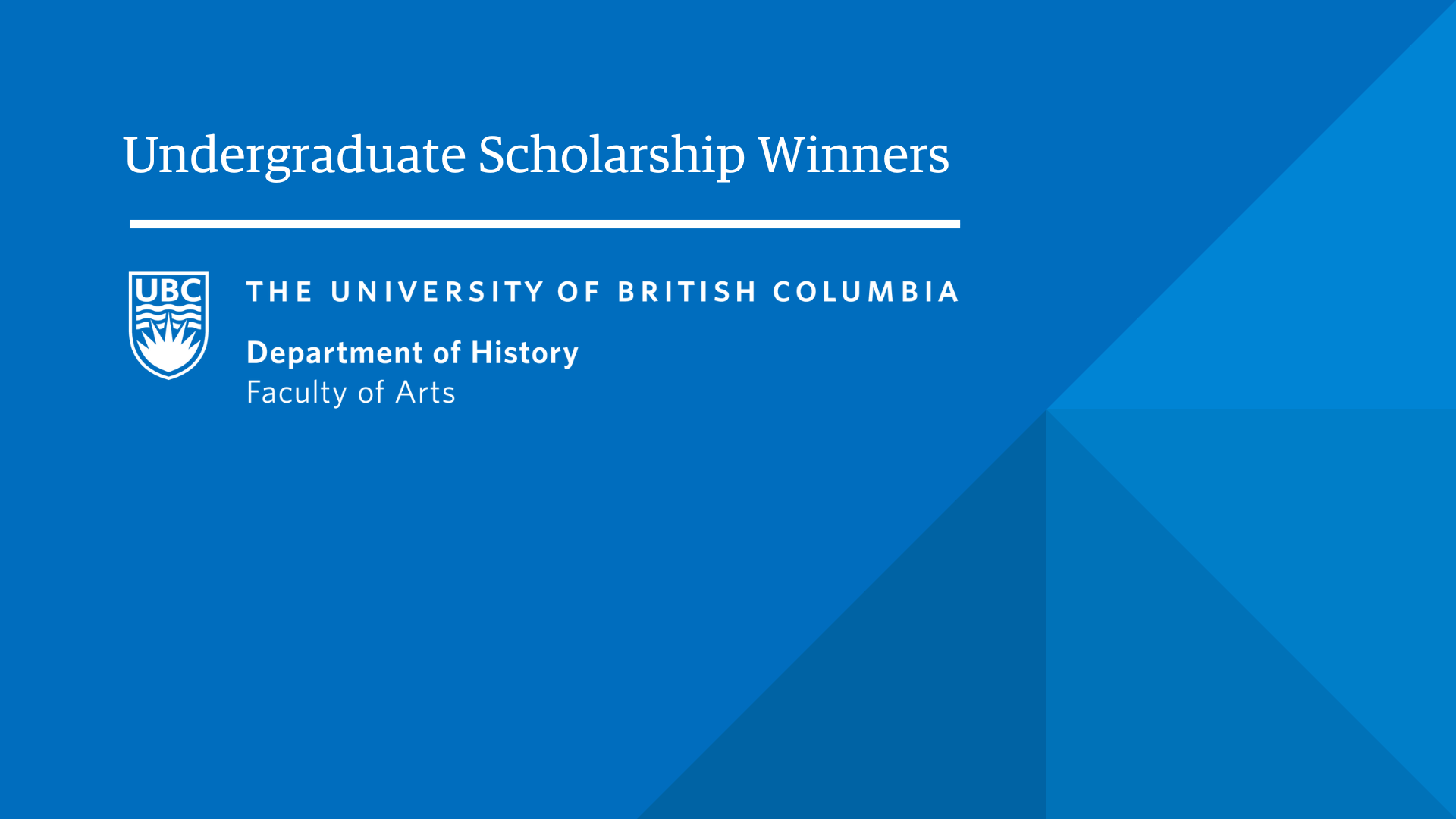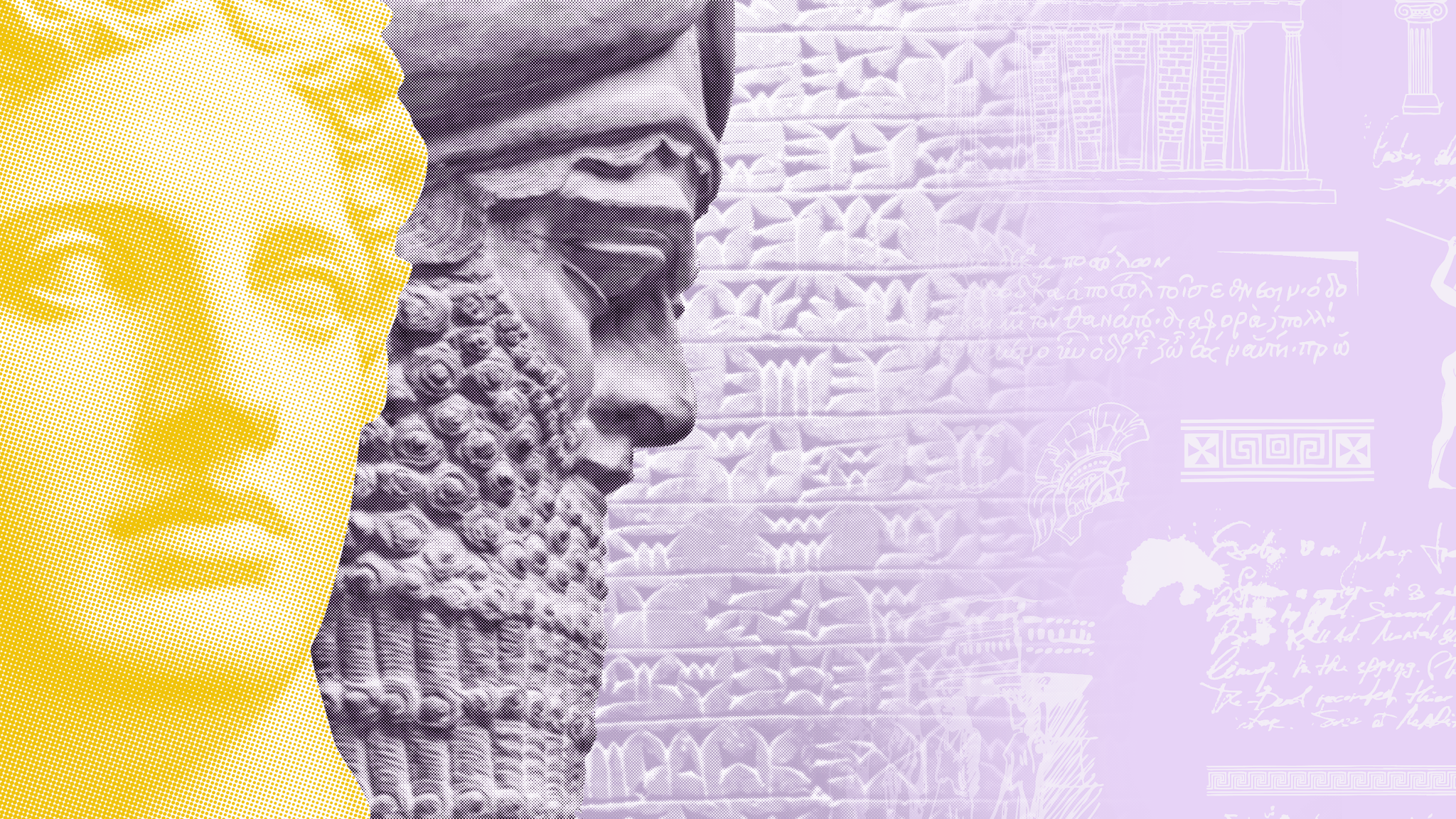

The Know Your Profs series is meant to help students learn what their professors are about in their own words. This series is for you if you’re thinking of taking a course taught by a professor you don’t know very well, if you’re an Honours student or graduate student looking for a thesis supervisor, or if you simply want to know more about your favourite professors in the Department of History.
In this instalment, Department Head Dr. Bonnie Effros shares with us her journey into the history of archaeology, an innovative interdisciplinary course she has planned for the future, and the responsibilities that come with the privileged platform of being a historian.
What are your areas of specialization?
I specialize in early medieval European history and archaeology; gender history and archaeology; history of regional, national, and colonial archaeology in the nineteenth and twentieth centuries.
What did your journey into academia look like?
As a student, I wanted to write history that related to people that don’t make it into the documentary sources, especially women and the poor. I studied burial practice in the early Middle Ages as a way to fill some of the gaps in the written sources, thinking that death is the great equalizer. However, I quickly learned that much like the inequity in representation in the written sources, early medieval burial practices (which often contain material goods) still favour the people with access to the most resources or those who were deemed more valuable. The most likely material remains to survive are those that are not organic – metal, glass, ceramic, precious stone – and these were resources to which there was not equal access. However, as archaeological science begins to develop more sophisticated tools for assessing ancient DNA, isotopes, and so on, we will be able to ask deeper questions via less traditional and more widespread forms of evidence.
This interest led me to my other research specialization in the history of archaeology, which examines what motivates people and institutions to excavate and/or collect and display artifacts and monuments, and how these can be manipulated for a variety of purposes. I’m interested in the intersection between what antiquaries and archaeologists found, what they thought it was, and what they did not think was important (and thus excluded from their reports). This line of thinking has direct implications for the way in which we think about the past. Archaeology, like many other academic disciplines, has fueled and been shaped by nationalism, colonialism and colonial wars. It has legitimated, in numerous cases, the extraction of cultural resources by stealth or by force from places deemed to be of national interest, and benefited from their appropriation for a variety of ideological purposes.
What does it mean to you to study History?
The skills I learned as a historian taught me to weigh the evidence carefully, to be certain that I understand the context in which people lived and events occurred, and not to underestimate either human ingenuity or human cruelty. My role as a historian is to use this privileged platform responsibly and equitably.
What can students expect from your classes?
I ask students to come into my classes with an open mind, and to accept that our sources often do not allow us to answer all of the questions we would like to ask about the past.
What do you look forward to the most about teaching UBC students?
I look forward to finding ways to make material culture a meaningful source of historical exploration.
Which courses do you teach?
In the 2022/2023 academic year, I will be teaching HIST 202B: Gateway to the Middle Ages. This is an introductory survey course on medieval history and will touch on some of the interesting questions we can ask based on evidence taken from graves (including DNA, isotopes, and bone matter) and contemporary evidence of flora, fauna, and human settlements. We will explore how and why these materials elaborate upon or contradict what we know from written sources about phenomena such as migration, disease, and spiritual practices.
I am also proposing a new course for 2023/2024, which will examine imperial and colonial archaeology and museums. This course will give students an opportunity to study the role and function of archaeology and museums in modern society. It will also provide students with the background and tools to rewrite object labels in museums, critique existing exhibitions, and design their own digital exhibition on a subject they believe has not been adequately or accurately represented in museums today.
If you weren’t a professor, what would you do with your life?
Life is very short and not always what we would like it to be, so I try not to dwell on what might have been had I opted for another field. Ironically, despite being a historian, I am learning how to be present in the moment rather than dwelling too much on the past. I am not always successful in doing so.


